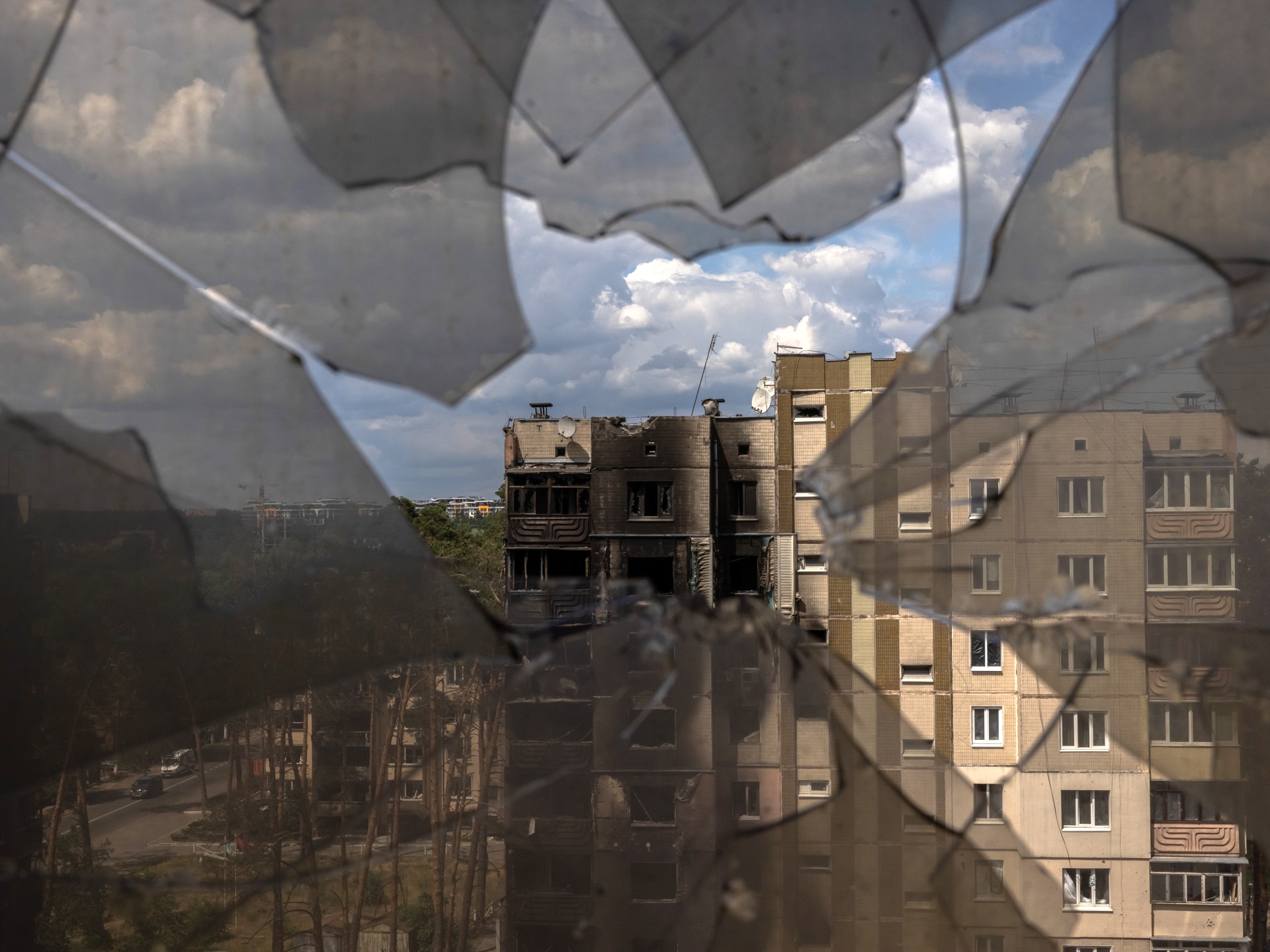The Washington Post (Washington Post)
published an article
by the American writer Ishaan Tharoor in which he tried to reach the outcome of the past six months of the war in Ukraine, describing the current situation as leaving the world on the edge of the abyss, and that what happened to date is just a prelude to the worst to come.
Stability may be elusive, and as the war drags on, experts fear a widening arc of danger and retaliation, from devastating attacks on civilian areas to assassinations and cross-border sabotage, and to the continuing threat of nuclear miscalculation.
The Portuguese geopolitical commentator Bruno Masais was quoted as saying that the world has witnessed so far 6 long months of war, and we still feel that it was just a prelude.
turning point in history
Tharoor noted that the war in Ukraine dominated international headlines, disrupted global supply chains, and sparked a new spirit of solidarity in the West. The first of the conflict.
He said that the blatant moral dimensions of the war led to the fall of the scales from the eyes of the European elites who sought a peaceful settlement with Russia, and also launched a situation that the heart of Europe had not witnessed in decades that ended the easy optimism in the years immediately after the Cold War.
However, New Statesman's international affairs editor Jeremy Cliff was quoted as saying that the outlook for what the world is up to is "still a blur".
The writer continued, saying that the fog of war is still hanging over Ukraine, and there is still a conflict between ideologies and even visions of history;
The Ukrainians and their supporters in the West see what is going on as a global war between democracy and authoritarianism, between a rules-based system and a system governed by brute force.
Putin aspires to 'rebalance the world'
But Putin sees everything differently, says Tharoor.
He entered Ukraine in order to compensate for the tragedy of the fall of the Soviet Union, which - as Putin himself said - upset "the balance of power in the world".
The author chronicled the latest war from the "brave resistance" of the Ukrainians, the "shameful retreat" of the Russians, the expansion of NATO, the beginning of the Baltic states to dismantle the effects of the Soviet era, the "long-awaited end of the colonial era of Ukraine and some of its neighbors by Moscow", and the heavy toll of Western sanctions. On the Russian economy, up to 80,000 Russian soldiers were killed, according to some intelligence sources.
On the other hand, the Ukrainians paid a heavy price to defend their nation's right to exist, with the killing of thousands, the exile of millions from their homes, and the constant stationing of Russian forces in a wide swath of the south and southeast of the country.
He said that analysts expect a long and bitter war of attrition in the future, and the results are unclear until today.

